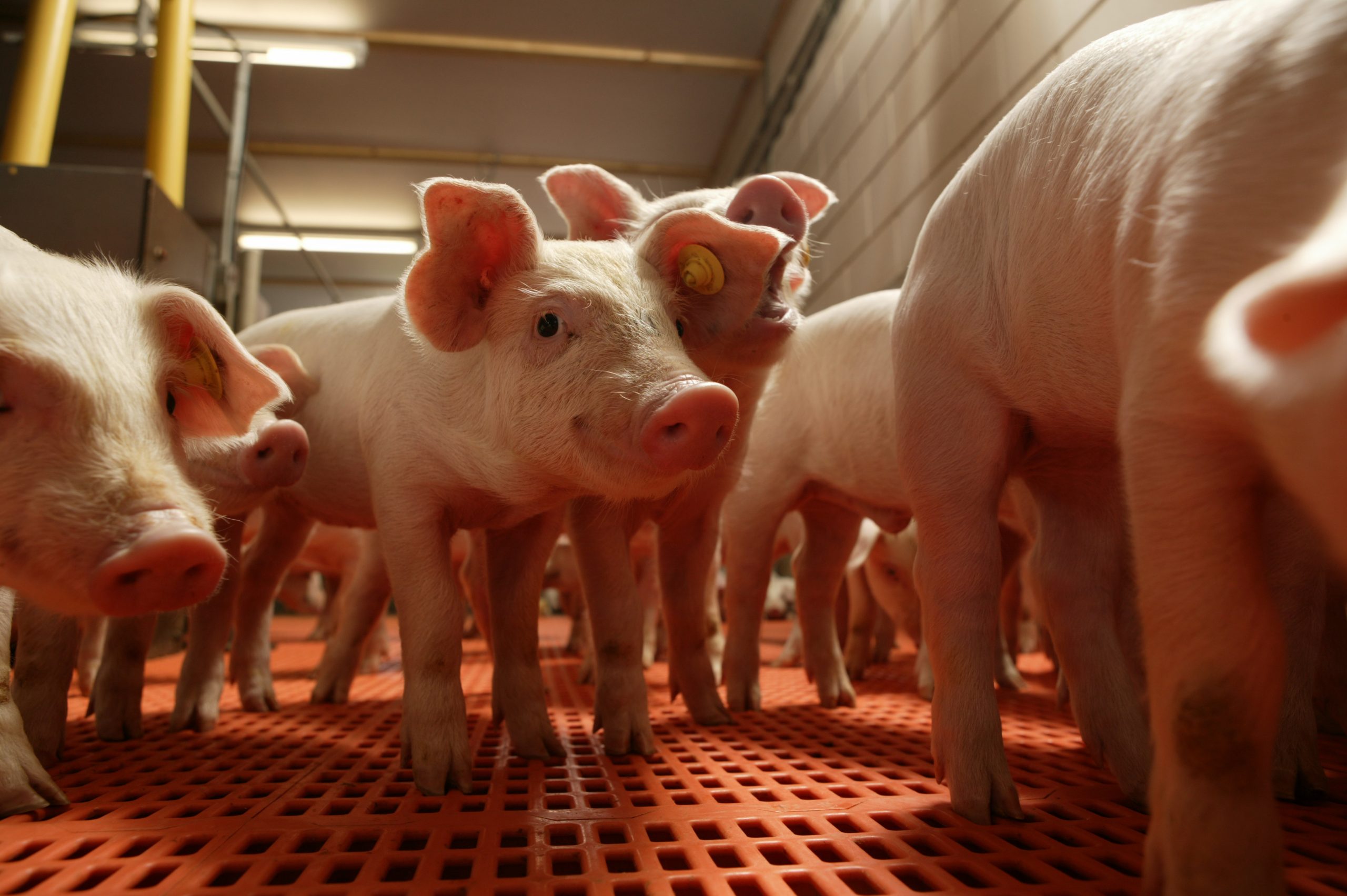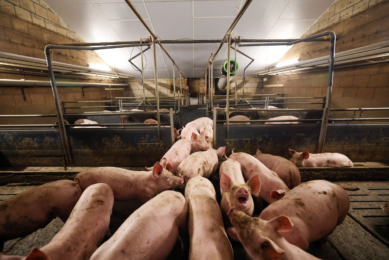BSF larvae have effect on streptococci in gut

Ghent University researchers looked at the effect of feeding prepupae of the black soldier fly on the gut microbiota of pigs.
Larvae of the black soldier fly (BSF) develop through several instars, with the final stage known as the prepupa. In the latter stage, the insect stops feeding and the digestive tract is emptied. Then, the prepupa migrates in search of a dry and protected site in preparation of metamorphosis. Therefore, prepupae are the preferred stage for harvesting. Prepupae of the BSF are a potential source of high value protein that could be incorporated in feed for monogastric farm animals. These prepupae are also rich in fat, with lauric acid (C12:0) as the predominant fatty acid, known for its antimicrobial effects on Gram positive bacteria.
In-vitro and animal trial
Belgium researchers assessed the effect of BSF on the porcine gut microbiota. This was done in vitro by simulating digestion in the upper small intestine of piglets. Using selective media, coliforms, D-streptococci, lactobacilli and total anaerobic bacteria were counted on aliquots taken at the end of the incubations. Second, weaned piglets (males and females, weaned on 21 days of age; 6.178 ± 0.562 kg) were assigned to the 4 treatments: full-fat (4 and 8%), defatted (5.4%) BSF prepupae and a control diet (i.e. with soybean as protein and fat source). Next to the effects on gut microbiota, selected gut health parameters were investigated, performance was recorded and digestibility of the diets was calculated.
Antibacterial effects against D-streptococci
Results showed that in vitro, the prepupal fat at 0.58 g C12:0/100 mL, suppressed growth of lactobacilli, but the most substantial antibacterial effects were recorded against D-streptococci. From the animal trial, only 0.5 log fold reductions were observed for D-streptococci in the gut of piglets fed BSF containing diets. No differences were recorded for daily gain, feed intake and feed to gain ratio among treatments. The apparent faecal digestibility of the control feed did not differ significantly to that of the insect-containing feed (protein digestibility between 77 and 78% for all treatments). Whereas the ileal protein digestibility of the 8% full-fat BSF diet (67.4%) was lower than that of the control (69.7%), the values for the 4% full-fat and the defatted BSF diets were higher (73.3%).
Exploring added value of BSF
In conclusion, our trial with piglets showed that a substantial amount of soybean products (meal and/or toasted beans) can be replaced by BSF without adverse effects on performance. However, given that the current price of BSF prepupae is substantially higher than that of soybean, future research should focus on exploring the potential added value of BSF compared to conventional protein sources.

Find out more about some of the protein alternatives for soy that are currently seen as promising for livestock and fish diets.











